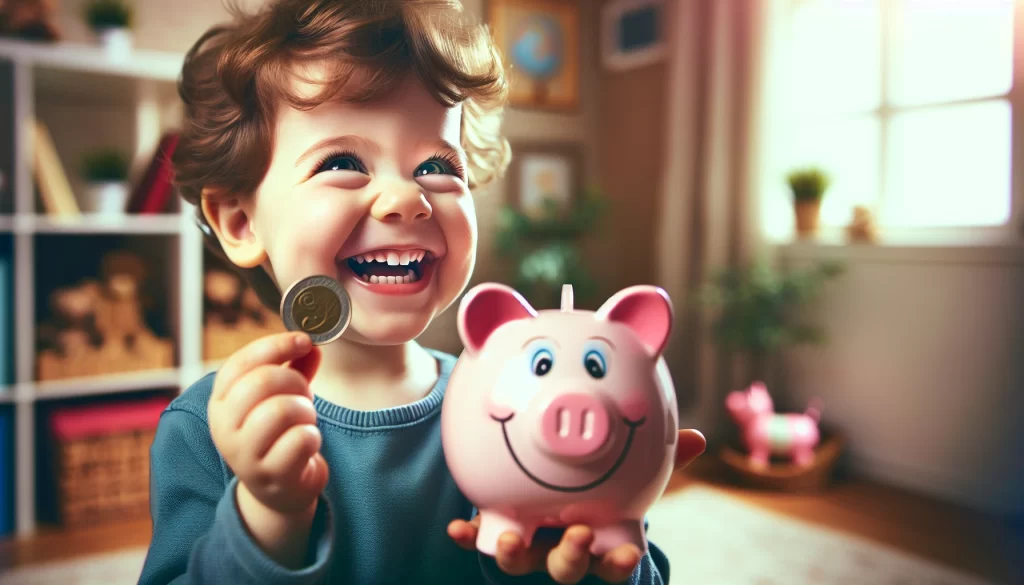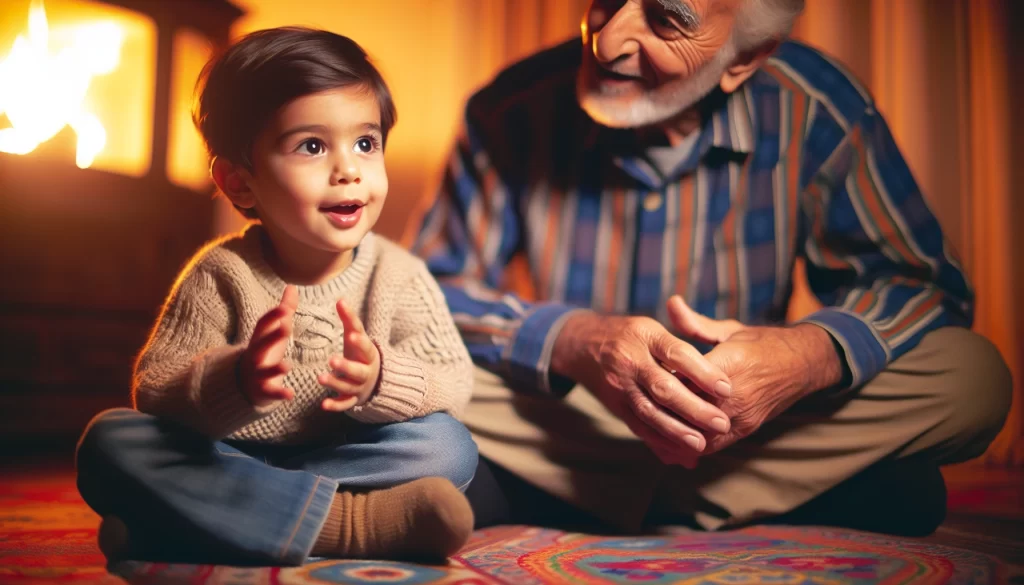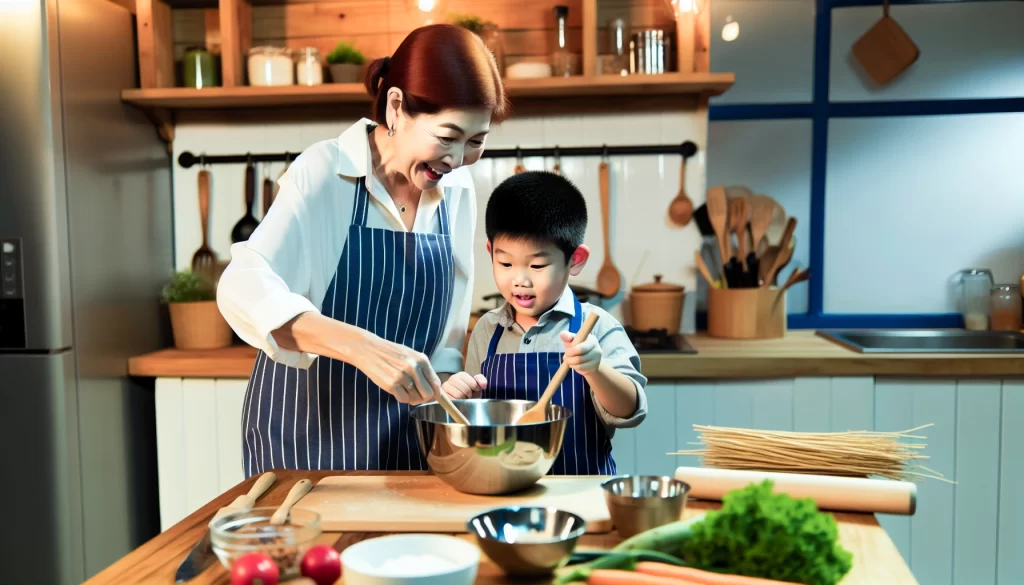In the parenting journey, teaching your child essential life skills is a key step toward a successful adulthood. But which skills are critical? This article lays out the top 10 life skills to teach your child, covering everything from financial basics to social savvy—no fluff, just practical guidance. Read on for straightforward advice on cultivating your child’s capabilities for a well-rounded future.
Check out our article “How Much Do Karate Classes Cost in 2024” to learn what you can expect to pay for karate classes.
Key Takeaways
- Instilling financial literacy at a young age arms children with a crucial life skill, teaching them to earn, save, and spend wisely while grasping banking basics lays the groundwork for future financial success.
- Cultivating good habits in personal hygiene, nutrition, and regular exercise is critical for children’s overall health and instills lifelong practices for maintaining physical and mental well-being.
- Developing strong problem-solving abilities in children by teaching them to identify issues, generate solutions, and evaluate outcomes pave the way for effectively dealing with life’s challenges.
Nurturing Financial Savvy

Money makes the world go round, and one of the most valuable basic life skills we can hand down to our children is financial literacy. Imagine the benefits of teaching your kids to:
- Earn
- Save
- Spend wisely
- Understand the basics of banking
Teaching young kids about financial responsibility at an early age is crucial, as it’s like equipping them with a financial compass at a young age, guiding them towards a secure financial future.
We will further examine these aspects.
Earning and Saving
Earning and saving money is a fundamental stepping stone towards financial independence. Encouraging children to take on age-appropriate chores and rewarding their efforts with an allowance teaches them that money is a reward for hard work.
This also emphasizes the importance of saving. By encouraging them to set aside a portion of their earnings, we instill the habit of saving for the future, nurturing a valuable life skill.
Spending Wisely
Teaching children to spend wisely is like arming them with a financial shield. It’s about understanding that not all that glitters is gold. Here are some strategies to help children develop responsible spending habits:
- Teach them the concept of impulse buying and encourage them to think before making a purchase.
- Help them calculate how many hours they would need to work to afford an item, fostering self-control and a sense of the value of money.
- Set a good example by practicing responsible spending habits yourself.
By implementing these strategies, you can help children develop a strong foundation for financial responsibility.
Smart spending is the key to effective money management, not just spending.
Banking Basics
Understanding banking basics is like opening a treasure chest of financial understanding for children. A bank account is not just a safe place to store money, but an opportunity to learn about interest, a bonus for saving money. Moreover, learning how to make deposits at the bank empowers them to safeguard their money and develop practical skills. It’s like providing them with their first financial toolbox.
Cultivating Healthy Habits

Good health is the greatest wealth. Thus, teaching children healthy habits concerning personal hygiene, nutritional choices, and regular exercise is paramount for their well-being. Developing these habits is a stepping stone to their overall health and prevents future health problems.
We will further analyze these habits.
Personal Hygiene
Instilling good personal hygiene habits in children is like painting a canvas of health and wellness. From simple tasks like:
- brushing teeth
- washing hands
- bathing regularly
- wearing clean clothes
- keeping nails trimmed
- covering mouth and nose when coughing or sneezing
to more complex tasks like managing dirty clothes, personal hygiene habits play a crucial role in their health.
By setting up a fun chart that allows children to check off each task as they complete it, we can foster a sense of accomplishment and routine.
Nutritional Choices
Nutrition is the fuel that drives the body. Teaching children to make healthy food choices and understand portion sizes is an essential step toward a healthy future.
Children can grasp and manage portion sizes effectively by referring to serving sizes on Nutrition Facts labels and using their hands as guides.
Regular Exercise
Exercise is the spark that keeps the body’s engine running smoothly. Engaging children in regular physical activities boost their physical and mental well-being. Whether it’s a family walk, swimming, or a game of tag, infusing fun into these activities makes exercising feel like playtime, instilling a love for exercise from a young age.
Mastering Time Management
Time is a vessel that carries our daily activities and dreams. Teaching children effective time management skills helps them to take control of their vessel, navigating it towards their goals. These skills include prioritizing tasks, creating schedules, and avoiding procrastination.
We will further dissect these elements.
Prioritizing Tasks
The art of prioritizing tasks is like setting a compass for daily activities. It involves understanding the importance of tasks and deadlines.
Encouraging children to identify problems and think critically about solutions can be achieved by asking open-ended questions and nurturing creativity.
Creating Schedules
Creating schedules is like drawing a roadmap to guide children through their daily activities. It helps them to visualize their time and tasks, fostering a sense of control and independence. By using tools such as visual timers, daily schedules, and various time management games and activities, children can take charge of their schedules and time effectively.
Avoiding Procrastination
Procrastination is like a roadblock to success. Teaching children to avoid procrastination by setting realistic goals, breaking tasks into smaller steps, and using timers to stay focused helps them drive past this roadblock toward their goal.
Developing Effective Communication Skills

Communication is the bridge connecting individuals. Teaching children effective communication skills, such as expressing needs, listening actively, and understanding non-verbal cues, helps them to build strong and meaningful connections.
We will further examine these essential skills.
Expressing Needs
Expressing needs is like speaking one’s heart out. It involves communicating feelings and desires in a clear and assertive manner. By encouraging them to talk about their feelings and creating a safe and open environment for expression, we can empower children to confidently express their needs.
Listening Actively
Listening actively is like opening a window to another person’s perspective. It involves maintaining eye contact, asking questions, and summarizing what’s heard to ensure understanding. By engaging in listening games and following simple directions, children can sharpen their active listening skills, giving them the ability to understand and connect with others better.
Non-Verbal Cues
Understanding non-verbal cues is like deciphering a secret language of emotions and intentions. It’s about comprehending the unspoken words conveyed through body language, facial expressions, and tone of voice.
By teaching them to interpret common non-verbal cues, we can enhance their overall communication skills, enabling them to navigate social interactions more effectively.
Fostering Problem-Solving Abilities

Problem-solving is the torch that lights the path through challenges. Teaching children to identify problems, generate solutions, and learn from outcomes equips them with the ability to navigate life’s hurdles.
We will further dissect these steps.
Identifying Problems
Identifying problems is like spotting roadblocks on a journey. It’s the first step in the problem-solving process and involves spotting challenges and understanding their nature.
Encouraging children to talk about their feelings and use tools like feelings charts can help them identify problems more effectively.
Generating Solutions
Generating solutions is like finding multiple paths around a roadblock. It involves thinking creatively to come up with different ways to address the identified problem. By engaging in problem-solving activities and games, we can ignite children’s creativity and critical thinking, helping them generate multiple solutions to problems.
Learning from Outcomes
Learning from outcomes is like gathering valuable lessons from each journey. Whether successful or not, every outcome provides an opportunity for learning and growth. By teaching children to reflect on their experiences and learn from what works and what doesn’t, we can help them develop stronger problem-solving skills over time.
Basic Cooking and Meal Preparation

Cooking is a survival skill that also stirs up creativity and independence. Teaching children basic cooking skills and meal preparation not only equips them to feed themselves but also instills a sense of accomplishment and confidence.
We will further examine these skills.
Simple Meal Creation
Creating simple meals is like crafting edible art. It involves learning basic cooking techniques and gradually increasing the complexity of recipes. By practicing the art of following recipes and repeating ingredient lists, we can inspire children to become great at following recipes and creating simple meals on their own.
Food Safety
Food safety is like a guard protecting the castle of health. It involves understanding proper food storage, handling, and cooking temperatures.
By teaching children about food safety, we not only safeguard their health but also teach kids essential life skills.
Planning and Shopping
Planning and shopping for meals is like charting a course for a culinary adventure. It involves discussing meal ideas, creating shopping lists, and comparing prices at the grocery store.
By taking charge of planning meals in advance and bringing a shopping list to the grocery store, children can learn to manage their time and resources effectively.
Household Responsibility and Chores
Household chores are the stepping stones towards responsibility and independence. By assigning age-appropriate tasks, establishing routines, and rewarding effort, we can instill a sense of responsibility and teamwork in children.
We will further dissect these chores.
Age-Appropriate Tasks
Assigning age-appropriate chores to children is like setting them on a path of independence and responsibility. From simple tasks like making their bed to more complex ones like doing laundry, each chore teaches children valuable life skills and boosts their confidence.
Routine Establishment
Establishing routines for chores is like setting a rhythm for daily activities. It helps children develop good habits and time management skills. By using visual timers and daily schedules, children can stay on track with their chores and develop a sense of accomplishment.
Rewarding Effort
Rewarding the effort is like planting seeds of motivation. By praising children’s hard work and rewarding their contributions, we can keep them motivated and engaged in their chores. Whether it’s through words of praise, extra privileges, or small incentives, rewards can fuel their motivation to continue doing their best.
Building Self-Esteem and Confidence
Self-esteem and confidence are the wings that enable children to soar high. By using positive affirmations, overcoming challenges, and celebrating successes, we can build our children’s self-esteem and confidence.
We will examine how to achieve this.
Positive Affirmations
Positive affirmations are like daily vitamins for the mind. They boost self-esteem and instill a positive mindset in children. Encouraging children to use positive affirmations and self-talk can help them develop a positive outlook on life and build their confidence.
Overcoming Challenges
Overcoming challenges is like climbing a mountain and reaching the peak. It teaches children resilience and boosts their confidence.
By teaching children to face their fears, learn from failures, and develop resilience, we can equip them with the child’s life skills to overcome any challenges they may face in life.
Summary
Life skills are the building blocks of a successful future. By teaching our children these skills, we are not just preparing them for adulthood but also instilling in them the confidence to navigate through life’s hurdles. It’s about equipping them with the tools they need to lead successful, independent, and fulfilling lives. So, let’s start this journey of empowerment and watch our children blossom into confident and capable adults.
Check out the program at Kids Martial Arts Troy, where they have created a proven system to develop all of these Life Skills in children with a 98% success rate.
Frequently Asked Questions about Top 10 Life Skills Children Need for a Brighter Future
Why is it important to teach children financial literacy?
Teaching children financial literacy is crucial as it provides them with the essential skills to handle money wisely, ultimately ensuring a secure financial future.
How can we encourage children to adopt healthy habits?
Teach children about personal hygiene, nutrition, and regular exercise to encourage healthy habits. These habits will benefit them throughout their lives.
What are some ways to help children improve their communication skills?
Helping children improve their communication skills involves teaching them to express needs, actively listen, and understand non-verbal cues. These skills can be developed through practice and guidance.
How can we foster problem-solving abilities in children?
Teach children to identify problems, generate solutions, and learn from outcomes to foster their problem-solving abilities. This approach can greatly enhance their critical thinking skills and resilience.
Why is it important to teach children basic cooking and meal preparation skills?
It is important to teach children basic cooking and meal preparation skills because it equips them to feed themselves and instills a sense of accomplishment and confidence. By learning these skills, children gain independence and self-reliance.
